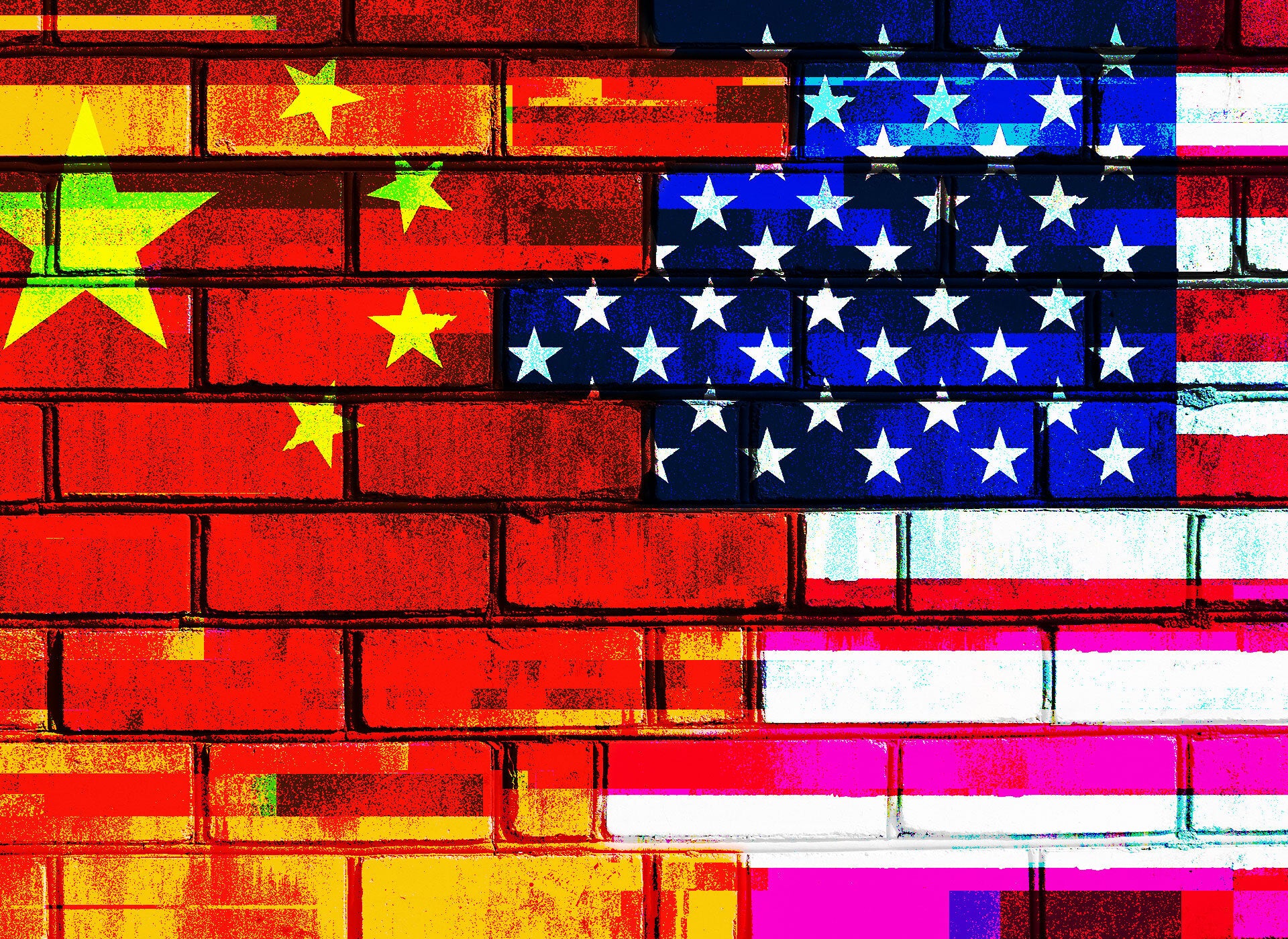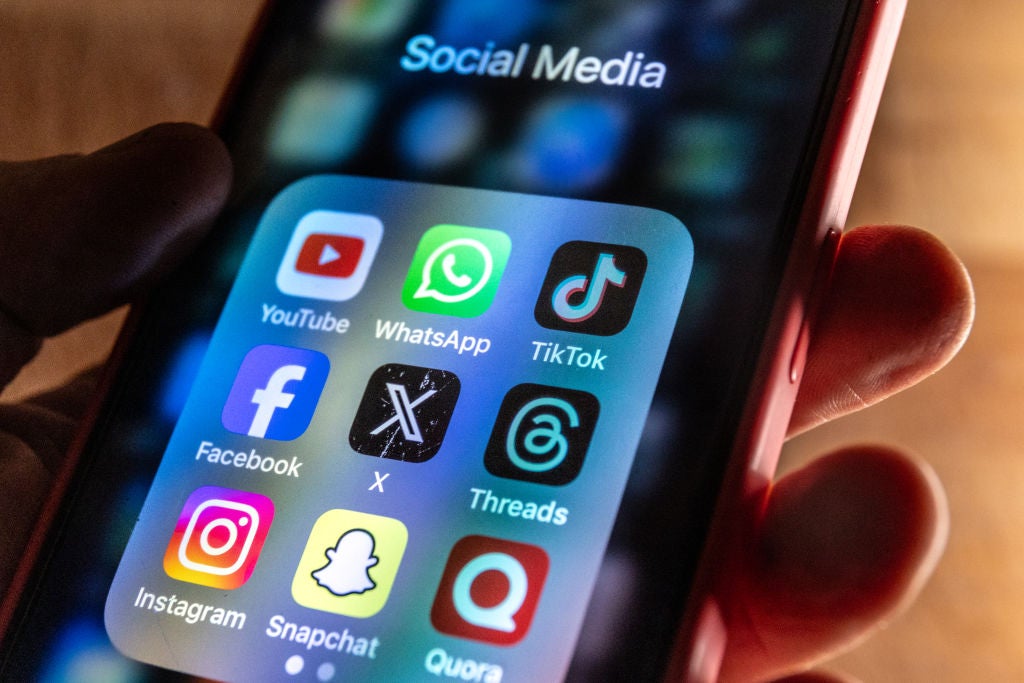
Amid geopolitical tensions between China and several countries, most notably India and the USA, the first casualty has been a free and open internet. The poster child for this salvo has been TikTok, the popular video-sharing social media site owned by Beijing-based ByteDance.
Banned through an executive order by the Trump administration over national security concerns, the order is challenged in court, with the administration having until 25 September to file legal papers defending the ban or to delay it.
Meanwhile, the TikTok deal, which would have seen Oracle and Walmart taking over control of the American operation to comply with the order, has reached a gridlock as Chinese-government approval is sought. China has denounced the deal as “dirty” and “unfair”, vowing not to approve it. A similar situation has unfolded with the Trump administration’s attempt to ban Tencent’s WeChat, with a district court in San Francisco blocking the move.
Security a concern with China connection
The security concerns raised are not without merit. Similar to the situation with telecom equipment provider Huawei, apps such as WeChat and Tiktok have raised concerns that the data collected could be used for espionage, especially in the backdrop of heightened tensionsn. TikTok has vehemently denied that they are compelled in any way to comply with any request to hand over data to the China Communist Party (CCP).
The reality is that as a China based and incorporated entity, TikTok is obligated to obey Chinese law, even if they are unwilling and even if data is stored overseas. Under the PRC’s national security laws, such as the 2017 National Intelligence Law and the 2014 Counter-Espionage Law, organisations are required to “support, assist and cooperate with the state intelligence work”. The state-capitalist system that China adopts means that the boundary between businesses and government is blurred and this will be even more so in as military tension rise.
More bans are in place
As Indian and Chinese troops face-off in the Himalayas, India has gone much further with these measures. It has banned 177 apps including as Tiktok, Baidu and WeChat. More astoundingly, it has also even banned several popular gaming apps such as PUBG Mobile, Mobile Legends, Clash of Kings, AFK Arena and Marvel Super War. The objective is clearly not just to resolve security concerns, but also to economically weaponise the enormous Indian market, which is the second most populous in the world, in a tit-for-tat measure.
How well do you really know your competitors?
Access the most comprehensive Company Profiles on the market, powered by GlobalData. Save hours of research. Gain competitive edge.

Thank you!
Your download email will arrive shortly
Not ready to buy yet? Download a free sample
We are confident about the unique quality of our Company Profiles. However, we want you to make the most beneficial decision for your business, so we offer a free sample that you can download by submitting the below form
By GlobalDataOn the other front along the East China Sea, Taiwan, which China considers a renegade province and has continually threatened with forced reunification through military action, has banned video streaming services Tencent Video and iQiyi.
Internet censorship an issue in China
Ironically, these developments would be in reciprocity with how China has treated foreign technology firms, even as its own technology giants such Tencent have benefited from an open and free internet. China has long restricted foreign companies such as Facebook, Twitter and Google behind the “Great Firewall” of internet censorship.
Within the USA, the aggressive clampdown on Chinese owned apps are a way for the Trump administration to portray themselves as being tough on China ahead of the election in November. It is unlikely that the legal deadlock will be resolved at higher levels of court by the election’s end. Should Trump be re-elected, it could be possible that a bill might be introduced that may empower the President to block any app or software on national security concerns without judicial encumbrance. Such bills targeted at China have generally received bipartisan support.
Disputes may be detrimental to China’s commercial ambitions
With greater scrutiny being placed on Chinese owned software and applications, it is expected that the traditional allies of the USA, such as the Five Eyes Alliance – comprising Australia, Canada, New Zealand and the UK – along with Japan, South Korea and Taiwan may follow suit.
China is also embroiled in territorial disputes with South East Asia countries Malaysia, Philippines and Vietnam over islands in the South China Sea. These countries may impose similar measures at a later stage should tensions rise.
These geopolitical disputes may prove to be detrimental to the global commercial ambitions of China’s technology giants such as Tencent as more markets become hostile to Chinese business and investment.






Related Company Profiles
Baidu Inc
Oracle Corp
Google LLC
Meta Platforms Inc
Tencent Holdings Ltd